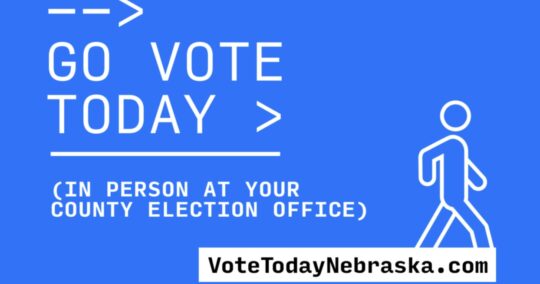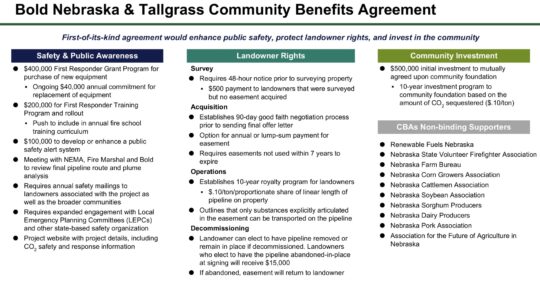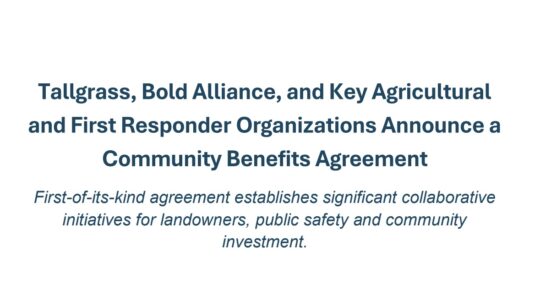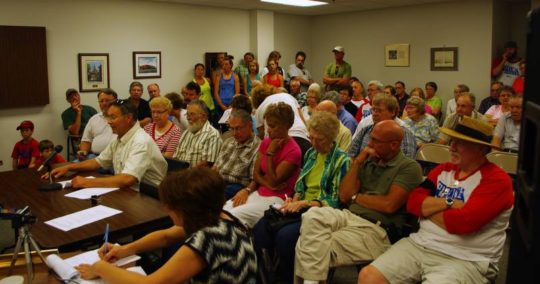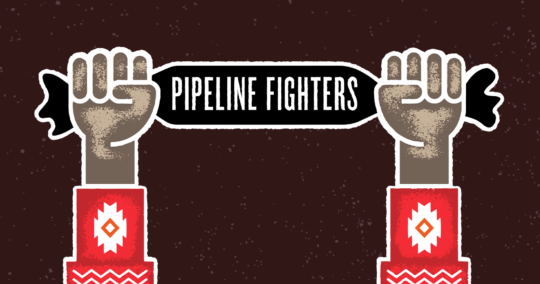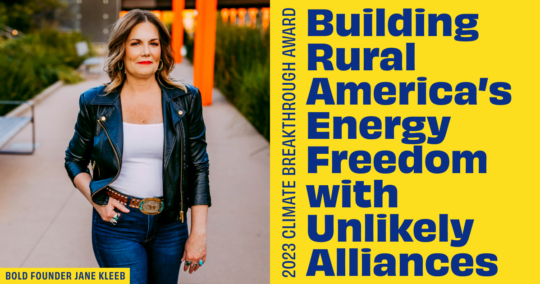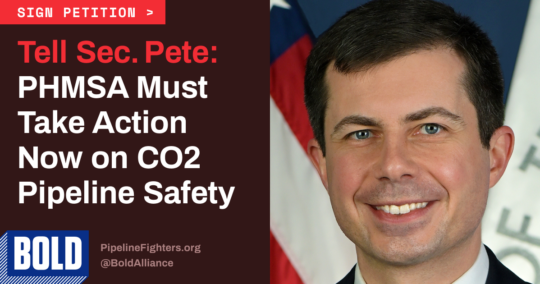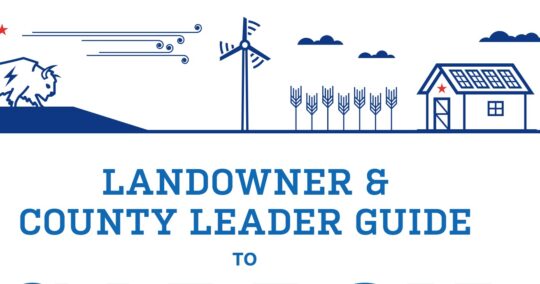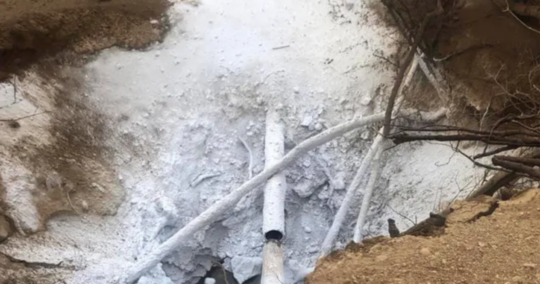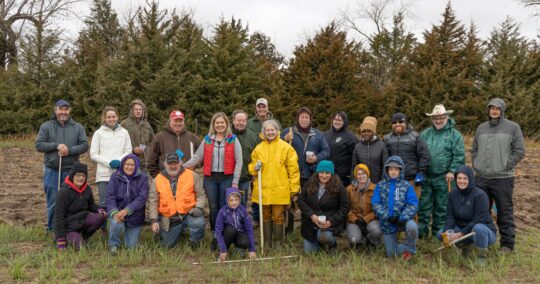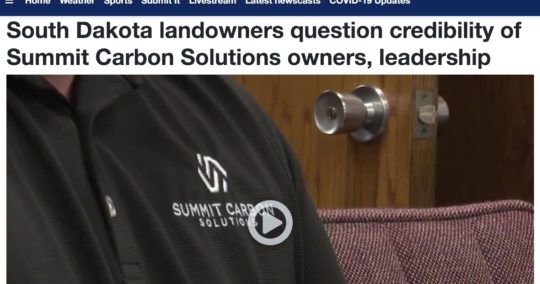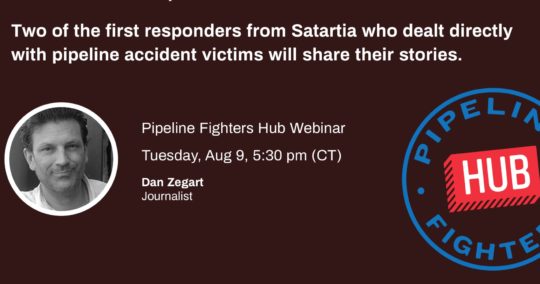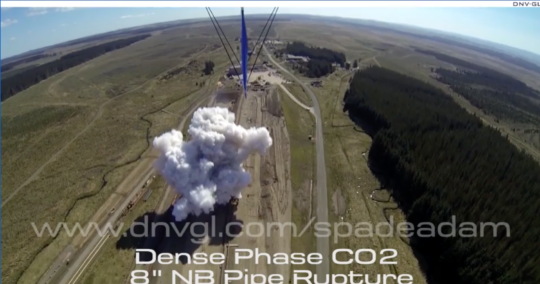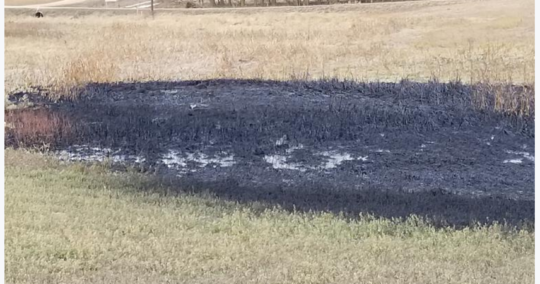Since deciding to run for the unicameral last November, Vern Barrett has held to a daily routine. Each evening he sets out with his wife Nancy for one of the hundreds of communities in his district—which spans Butler, Colfax, and Saunders counties. He walks the streets greeting residents and goes door to door. He sometimes rises early to meet with farmers for breakfast at the Brainard Café, or catches lunch in Schuyler at the Burrito House. In more than nine months of crisscrossing the district, Vern estimates he has met thousands of people. It’s the kind of methodical approach one might expect from the principle founder of UNL’s masters program in Agricultural Leadership Education in the College of Agricultural Sciences and Natural Resources, and an interdepartmental doctoral program in Leadership Studies—but it was one of Vern’s students who convinced him that it wasn’t enough to train others to lead.


In 1978, Juan Carlos Coronata was the first of many high school foreign exchange students hosted by Vern’s family. Years later, Vern went to visit Coronata in his native Chile where he was now governor of the Bío Bío Province. Coronata praised his former teacher but also challenged him to take a more direct role in politics. “You know,” Coronata told him, “if you don’t do it, somebody does it to you.” Vern looked out from the porch of his house, across the neighboring cornfields. A two-man crew for NPPD zoomed up and down the gravel road, checking power lines. “I never forgot that,” Vern said. “And so I had to raise my hand and say, ‘Okay, I’ll do it.’” Vern has spent many years training community leaders to affect positive change in rural community development. But two years ago, he decided to take direct action by co-founding and chairing the Saunders County Citizens for Responsible Government. “What we were able to accomplish with Democrats and Republicans working together for the common good was amazing.”
Walking in rural communities stricken by drought this summer, Vern became painfully aware of the impact climate change is having on Nebraskans. He recalled the time fifteen years ago, when he was living in Chile, that he took a small boat south toward Antarctica. In one inlet, locals had marked on the cliffs where the glacier had been each winter. It was receding by half a mile a year. For too long, we were able to ignore such warning signs, because they were far away—but not any more, Vern told me. “It’s here, it’s here,” he said, his voice rising with urgency. “The overwhelming science is clear.” Last year’s floods, this summer’s droughts and fires—all consistent with what climatologists have predicted—are a reality we need to face together. “Political ideology has nothing to do with it,” he said. “People need to get over it. This is happening.”
Vern believes it’s time to encourage tough choices, beginning with supporting diverse forms of renewable energy. Supporting subsidies for ethanol, he said, isn’t enough; we need to be taking some of the hard steps toward building the necessary infrastructure for alternative energy. “Wind energy is a wonderful thing,” he said. “It’s a great source of income and jobs for rural areas.” But he also cautions that we must make the right choices for the right reasons. It’s not enough to convince people to invest in renewables because of their impact on local economies; we have to stress the intrinsic value of alternative energy. Otherwise, he said, people may fall prey to any energy proposal that promises to provide an economic stimulus.
Vern pointed to the proposed Keystone XL pipeline as a prime example. County governments are blinded, he said, by the short-term boost the pipeline would provide their local economies. “With some of these communities hanging on by a thin thread,” he said, “they’re desperate for anything like this to come through their area and give them some revenue—and now that the drought is here it’s going to make it even more desperate.” But he worries that if every community focuses only on their own survival they will not seriously consider the consequences that a tar sands oil spill would have on our delicate water resources so critical to the whole state economy.
Last summer Vern testified to the Natural Resources Committee in opposition to the routing of the pipeline. “It was a really crazy idea,” he said. He pointed to the superfund site in Mead, Nebraska, which is costing taxpayers millions of dollars a year. “Do you want a superfund site over the Ogallala Aquifer?” He notes that if the XL pipeline ruptures in Nebraska, benzene and other chemicals used to thin tar sands oil will contaminate our fragile water supply, with no effective method for cleanup. If elected, Vern would push for the state legislature to have strict siting authority. “If we must have the pipeline at all,” he said, “let’s get it where it’s safe.”
Learn More and Volunteer:
To learn more about Vern Barrett or to volunteer for his campaign to serve as a State Senator in the Unicam, a position that will influence where Nebraska is heading on energy and other critical issues, visit Vern’s website at www.barrettforlegislature.com. You can also find Vern on Facebook.
About the Unicam:
To find out if you are in District 23, or need to know who your State Senator is, visit www.nebraskalegislature.gov. District 23 covers the counties of Butler and Saunders.
Folks call the Unicam different names–State Legislature, Unicameral and State Senate. In Nebraska, we are unique and have one legislative body and it is non-partisan. We are the only state in the country to have our legislative branch of government under one “house” that does not organize by party. When a person is elected to serve in the Unicam, they are called a State Senator or State Legislator.
Editor’s Notes:
Vern’s profile is part of a series to highlight candidates who embody “new energy.” Candidates who bring new energy, new faces or who are running on a platform of homegrown, sustainable energy deserve more focus and attention. These profiles will also be featured on the New Energy Voter website which will give Nebraskans a “voter guide” you can email to your friends. The New Energy Voter site helps you register online using the Rock the Vote tool and in mid-September we will post the voter guide on the New Energy Voter site. If you are on Twitter, make sure to use these tags #nevoter #nebpol and of course follow @boldnebraska.

